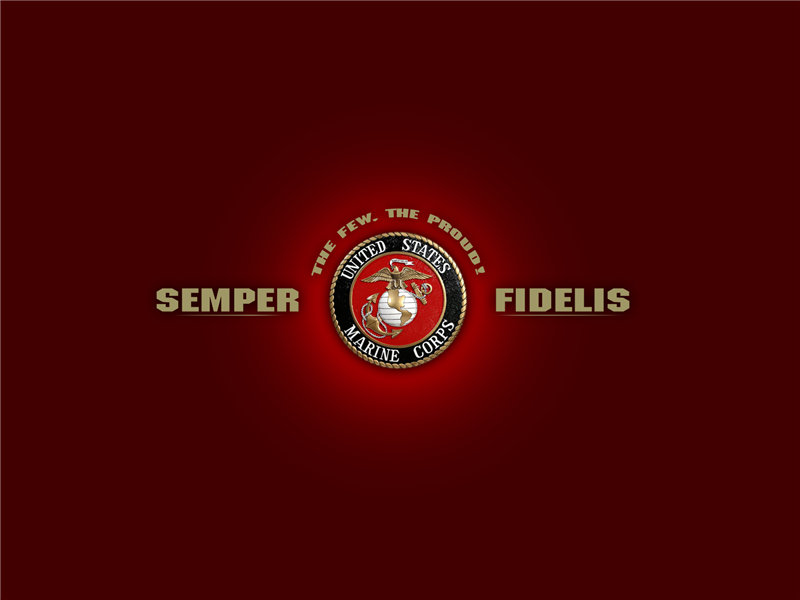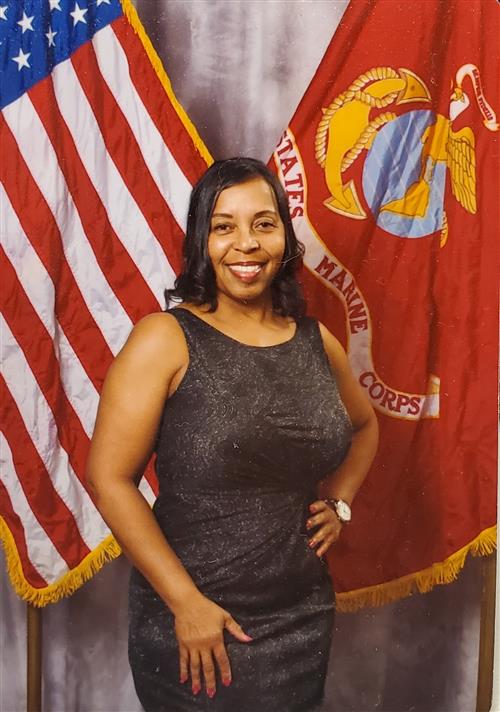
Phone:
Email:
Degrees and Certifications:
*United States Marine Corps *Master of Education - Intellectual Disabilities *K-5 Math Endorsement *Master of Business Administration *Bachelor of Business Administration - Management
Ms. Yvette THOMPSON
I proudly served my country in the United States Marine Corps. My United States Marine Corps tours of duty along with the strength of family values and spirituality have served as a foundation for everything that I have achieved in life. I have a Bachelor’s Degree in Business Management, a Master’s Degree in Business Administration, a Master’s Degree in Special Education with a concentration in Intellectual Disabilities, and an Elementary Math Endorsement.
I have diligently taught in the Richmond County School System for twenty-one years, with 22 years of service in the field of education. I have taught Math, Language Arts, Reading, Science, and Social Studies. It is my goal to help students to achieve the best possible education, to help prepare them for their future in the real world. I love teaching and am proud to be an integral part of such a rich county where student learning and teacher preparedness are a priority.
Ms. THOMPSON's 1st Grade
-
THOMPSON Tigers
Welcome to 1st Grade

Ms. Yvette THOMPSON
Preferred Mode of Communication - ClassDojo
Hours of Availability 0840 - 1440 Monday, Tuesday, Wednesday, & Friday
ThompYv@boe.richmond.k12.ga.us
School (706) 796 - 4940
Enjoy some reading time:
Tumble Book Library
Direct auto-login link: https://www.tumblebooklibrary.com/auto_login.aspx?u=rhillk8&p=login
Teen Book Cloud
Direct auto-login link: https://www.teenbookcloud.com/autologin.aspx?u=rhillk8&p=login



